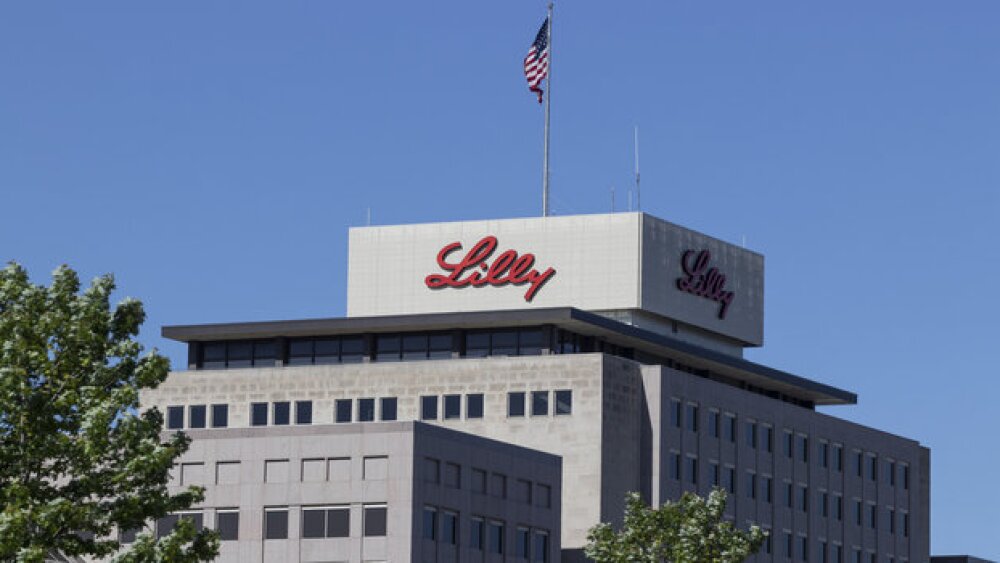Friday’s approval comes after a previous rejection in October 2023 due to manufacturing concerns.
The FDA on Friday signed off on Eli Lilly’s therapeutic antibody lebrikizumab for the treatment of moderate-to-severe atopic dermatitis. Lilly will market the therapy under the brand name Ebglyss.
Ebglyss is administered via a subcutaneous injection that can be given with or without topical corticosteroids, and is indicated for adults or children aged 12 years and above who weigh at least 40 kg. Lilly expects to make Ebglyss available in the U.S. in the “coming weeks,” according to its news release, and will work with insurers and health providers to ensure patient access to the treatment. Lilly also has available support programs, including co-pay assistance, for eligible insured patients.
Daniel Skovronsky, CSO and president of Lilly Research Laboratories, said in a statement that Ebgylss’ approval can help patients mitigate some of the unpredictability of symptoms. “Ebglyss offers a targeted approach to reduce a main cause of eczema inflammation,” he said, adding that the treatment provides long-lasting symptom relief with a convenient once-monthly maintenance dose.
Designed to selectively target and neutralize IL-13, Ebglyss is a monoclonal antibody that disrupts the type 2 inflammation cascade in the skin, in turn effectively addressing an underlying disease pathway in eczema. Ebglyss has high binding affinity for IL-13 and a slow dissociation rate.
Lilly backed Ebglyss’ application with data from the Phase III ADvocate 1 and ADvocate 2 studies, which together showed that around 38% of patients on the drug achieved clear or almost-clear skin at 16 weeks. In the placebo arm, only 12% of patients reached this endpoint. For 10% of responders, treatment effects were apparent as early as four weeks.
ADvocate 1 and ADvocate 2 also showed that of patients who had clear or almost-clear skin at 16 weeks, 77% were able to maintain the response at one year with monthly maintenance.
Lilly also supported Ebglyss with data from the Phase III ADhere study, which in April 2022 showed that 41% of treated patients achieved clear or almost-clear skin at 16 weeks, versus 22% on placebo. Ebglyss also resulted in at least a 75% improvement in disease severity in 70% of treated patients.
For Lilly, Friday’s approval was a long time coming. During the 41st J.P. Morgan Healthcare Conference in January 2023, executives said that they planned to launch lebrikizumab that year. However, in October 2023, the FDA rejected the application, citing problems with a third-party manufacturer. The regulator at the time did not identify issues with the safety and efficacy data of lebrikizumab.






